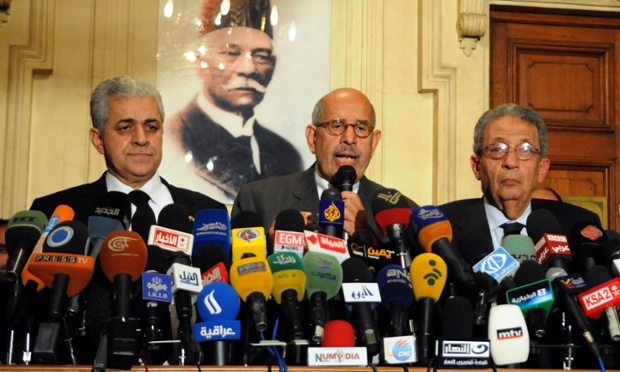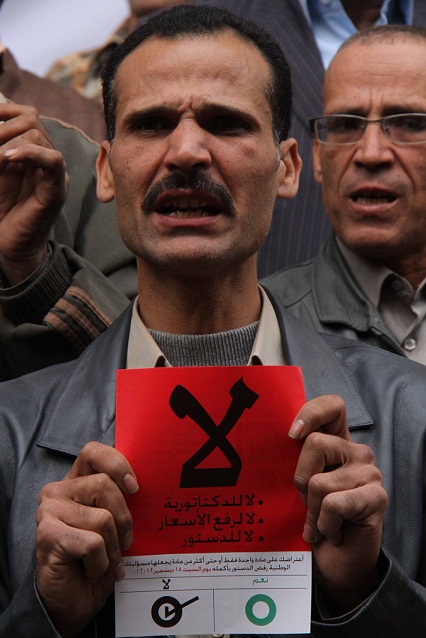JERUSALEM: Washington’s special envoy to the Mideast is in Israel Wednesday to try and get the stalled peace process back on track and press for a halt to new settlement construction on land the Palestinians want for a future state.
Israel’s own foreign minister highlighted the stiff opposition Israeli Prime Minister Benjamin Netanyahu faces within his own governing coalition to making concessions to the Palestinians.
At the United Nations on Tuesday, Avigdor Lieberman spoke of a decades-long interim agreement with the Palestinians instead of the near-term statehood they demand.
In a rare move, Netanyahu distanced himself from his own foreign minister’s comments. The prime minister, himself a hardliner in dealings with the Palestinians, has committed to try to frame a final peace deal within a year.
The flap complicated a diplomatic landscape already burdened by Israel’s refusal to renew a 10-month moratorium on housing starts in the West Bank, which expired Sunday. Netanyahu says his pro-settlement coalition could fracture if the construction curbs are extended.
But the Palestinians say negotiations are pointless if growing settlements keep chipping away at lands they want for their future state. And they’ve threatened to walk away from the talks if the settlement curbs aren’t reinstated.
In an attempt to break the impasse, the White House sent George Mitchell to the region Tuesday to try to prevent the collapse of peace talks, which resumed less than a month ago after a two-year breakdown.
Mitchell is to meet with Netanyahu on Wednesday and with Palestinian President Mahmoud Abbas on Thursday.
"We want the Palestinians to stay in the direct negotiations and we want the Israelis to demonstrate that it is in the Palestinian interest to stay in these negotiations," US State Department spokesman P.J. Crowley said in Washington on Tuesday.
Abbas has given the US until next week to find a compromise and will not announce whether he’ll quit the talks until Arab foreign ministers meet in Cairo on Monday.
Should he stay in the talks without a moratorium, he would lose even more credibility among Palestinian constituents already skeptical of his ability to deliver a peace deal. The Islamic Hamas group that wrested control of the Gaza Strip from him in 2007 and opposes peacemaking would benefit.
On the other hand, the Western-backed Abbas is reluctant to walk away from talks because his international standing and future as a leader are tied to the quest for a peace deal.
Netanyahu on Tuesday reiterated his hope that negotiations would continue, yielding a historic framework deal by next September.
The Israeli leader, who only recently endorsed the notion of a Palestinian state under heavy US pressure, has never publicly outlined a timetable for implementing any deal.
Speaking at the annual ministerial meeting of the UN General Assembly on Tuesday, Netanyahu’s foreign minister said Israelis and Palestinians need time to erase their mutual distrust.
"Under these conditions, we should focus on coming up with a long-term intermediate agreement, something that could take a few decades," Lieberman said.
Netanyahu’s office quickly tried to extricate itself from the diplomatic fallout that Lieberman’s remarks caused.
"The contents of the foreign minister’s speech at the UN were not coordinated with the prime minister," his office said. "Prime Minister Benjamin Netanyahu is the one heading the political negotiations on behalf of the state of Israel. The various subjects of the peace agreement will be discussed and set only around the negotiation table and not in any other place." –Mohammed Daraghmeh contributed from Ramallah, West Bank.


